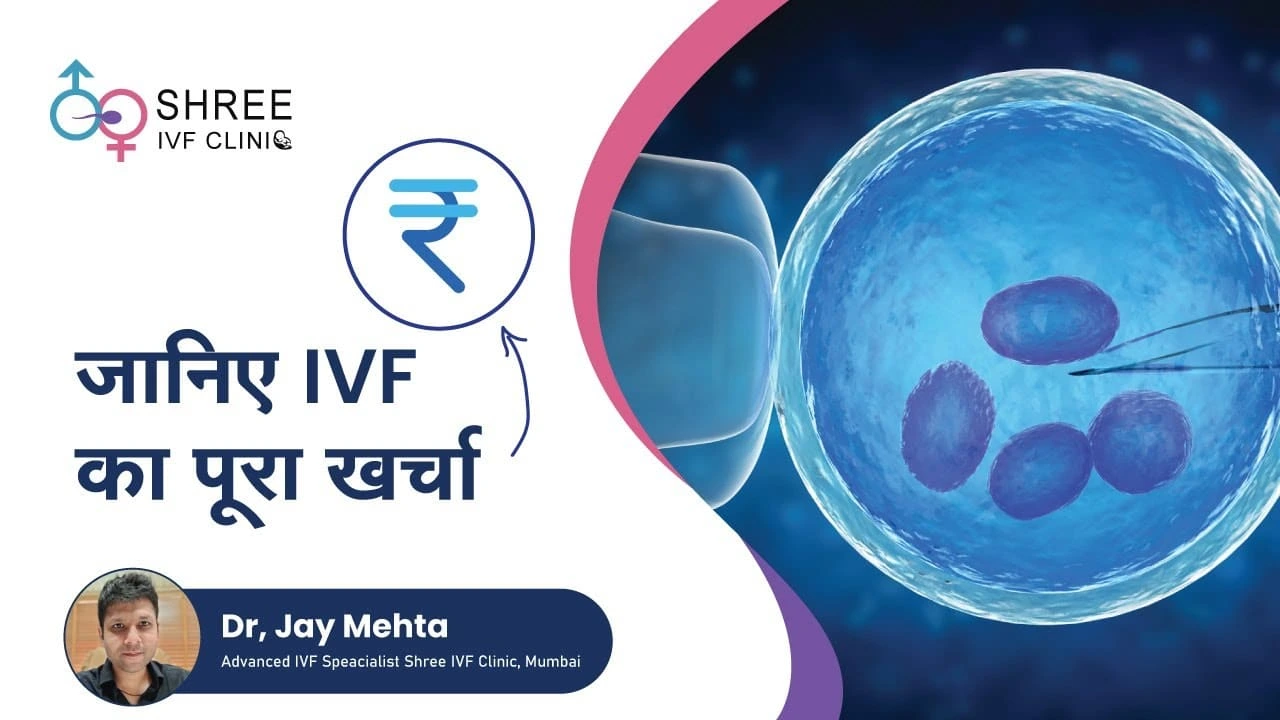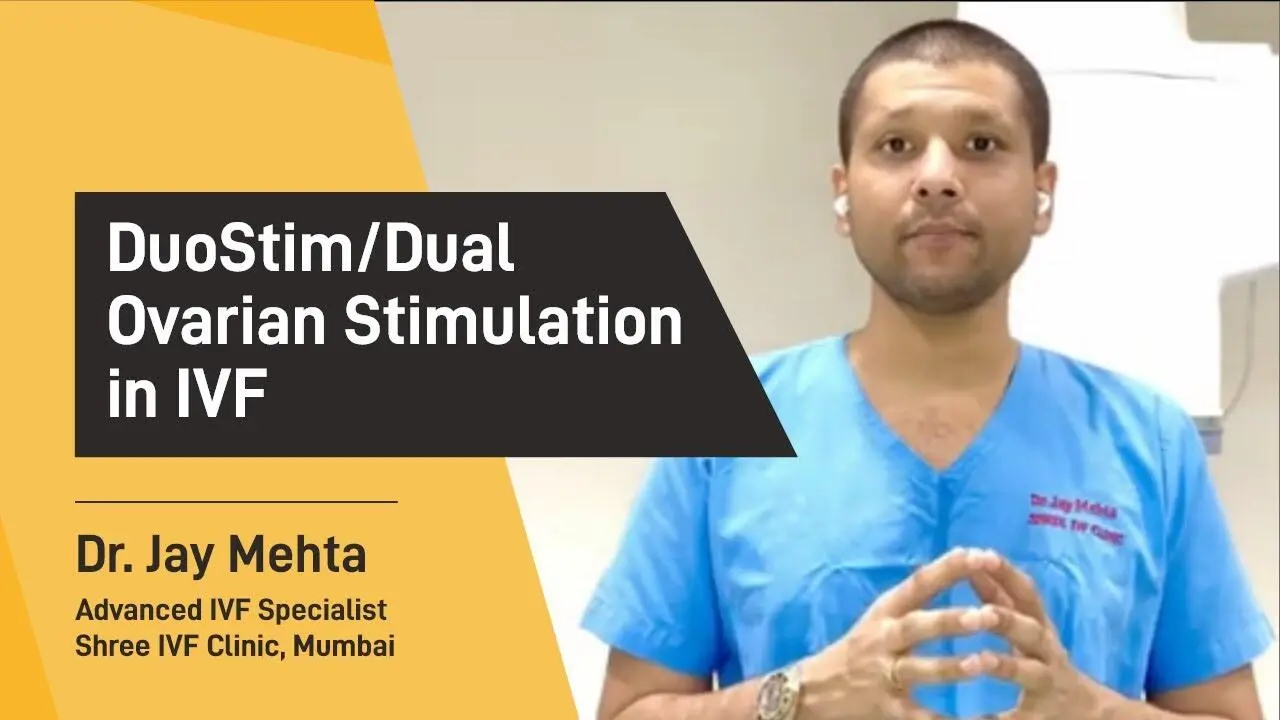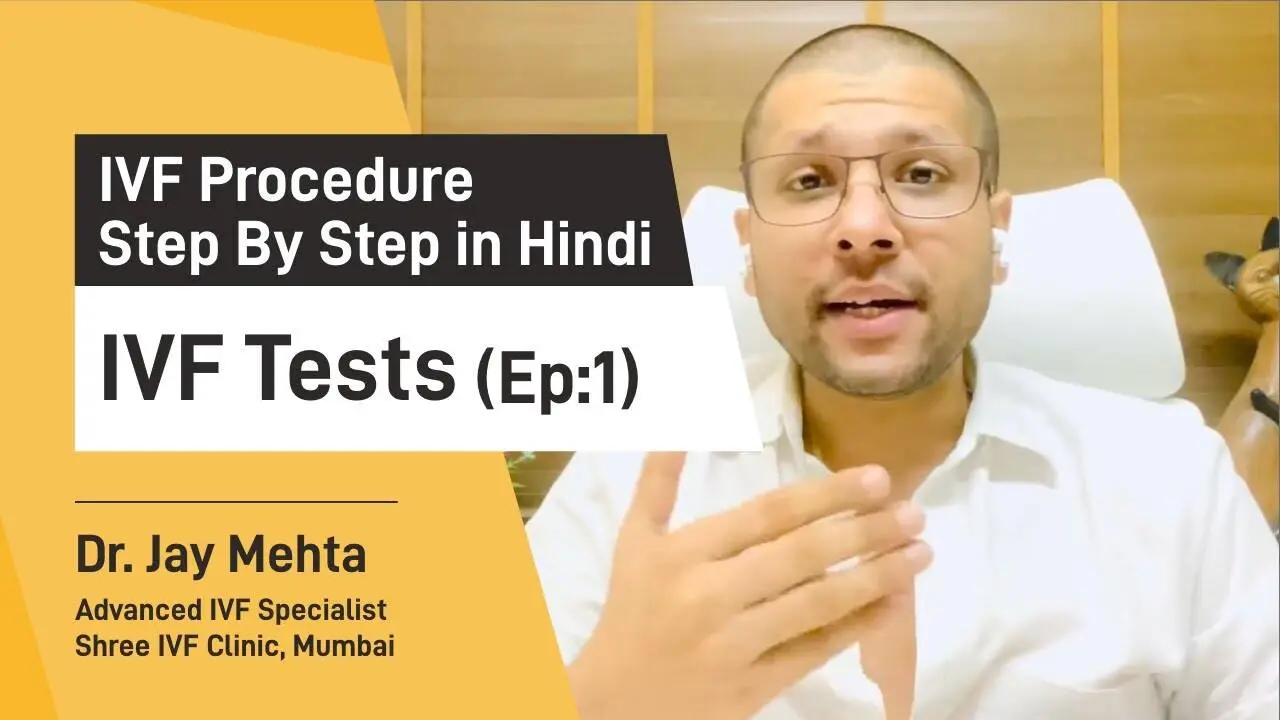IUI vs IVF for Unexplained Infertility after 3 years
UPDATED ON 19TH JULY. 2024
Unexplained infertility is a challenging and frustrating condition for many couples. When all factors, including tubal patency, semen parameters, and ovulation, are normal, it can be difficult to pinpoint the cause of infertility.
This blog will discuss whether IVF should be the treatment of choice for couples experiencing unexplained infertility for more than three years.
AUTHOR
Dr Jay Mehta
Scientific Director & IVF Specialist with 10+ years of experience
GET IN TOUCH ON
Why Consider IVF for Unexplained Infertility?
Unexplained infertility can be particularly frustrating because it lacks a clear cause. After three years of trying without success, the likelihood of spontaneous conception decreases significantly.
Approximately 16-20% of couples conceive in the second year, and the rates drop even further after three years. Given the diminished chances of natural conception, exploring more advanced treatments like IVF becomes a viable option.
Also, Read- How to Get Pregnant Naturally?
What Are the Alternatives to IVF?
Several treatment options exist for couples with unexplained infertility, including expectant management, ovulation induction, and intrauterine insemination (IUI).
Expectant management involves no intervention, allowing nature to take its course. However, after three years, this may not be the most effective approach. Ovulation induction stimulates the ovaries to produce multiple eggs, increasing the chances of conception.
However, if the woman is already ovulating regularly, this may not provide additional benefits. IUI involves placing sperm directly into the uterus to facilitate fertilization. While IUI can be effective, its success rates are lower compared to IVF, especially after several years of unexplained infertility.
Why IVF Might Be the Preferred Option?
IVF offers several advantages over other treatments for unexplained infertility. First, it allows for direct intervention, handling eggs and sperm directly and bypassing many potential issues in the natural fertilization process. IVF generally has higher success rates compared to IUI and ovulation induction, particularly for couples with prolonged unexplained infertility.
Additionally, IVF can significantly shorten the time to achieve pregnancy compared to less aggressive treatments. The controlled environment for fertilization and embryo development in IVF can increase the chances of a successful pregnancy. Modern IVF techniques allow for single embryo transfers, reducing the risk of multiple pregnancies associated with ovulation induction and IUI.
Addressing Concerns About IVF
Despite its benefits, some concerns about IVF need to be addressed. The cost of IVF can be high, but advancements in technology and efficiency in treatment protocols have made the costs more manageable.
While IVF is more invasive compared to IUI or ovulation induction, its higher success rates can justify the procedure’s invasiveness. The IVF process can be stressful, both emotionally and physically. However, support systems and counseling can help manage these challenges.
Importance of Thorough Diagnosis
Before deciding on IVF, it’s essential to ensure a thorough diagnosis. Often overlooked, sperm DNA fragmentation can significantly impact fertility. High levels of DNA fragmentation can indicate male factor infertility, previously classified as unexplained infertility.
A detailed evaluation of both partners, including advanced sperm testing and assessment of the uterine environment, can provide better insight into potential issues and inform treatment decisions.
The Role of Age in Treatment Decisions
Age is a critical factor in fertility treatments. For women under 35, trying less invasive treatments like IUI for a few cycles may be reasonable before moving to IVF.
However, for women over 35, where fertility potential declines more rapidly, IVF might be recommended earlier to maximize the chances of conception.
Combining Treatments for Optimal Results
In some cases, combining treatments can be beneficial. Ovulation induction with IUI might provide a slight boost in success rates before considering IVF. Managing stress, improving diet, and maintaining a healthy lifestyle can complement medical treatments and improve overall fertility.
IVF Success Rates and Expectations
IVF success rates have improved significantly with advances in technology and protocols. Short stimulation protocols, improved embryo culture conditions, and effective vitrification techniques have all contributed to better outcomes. Single embryo transfers now provide high success rates while minimizing the risk of multiple pregnancies.
Financial Considerations and Accessibility
While IVF can be costly, it’s essential to compare it with the cumulative costs of multiple cycles of less effective treatments. With IVF, there is often a higher upfront cost, but the total expense may be comparable or even lower when considering the higher success rates and reduced time to pregnancy.
The Argument for IUI and Ovulation Induction
Despite the advantages of IVF, there is still a strong case for trying IUI and ovulation induction first. These treatments are less invasive and more affordable, making them accessible to a broader range of patients.
Additionally, some patients may prefer to start with these less aggressive treatments before moving on to IVF, particularly if they have not yet tried them.
IUI and ovulation induction can also be beneficial in identifying subtle fertility issues that may not have been detected initially.
For example, IUI can help overcome mild male factor infertility by concentrating sperm and placing them closer to the egg. Ovulation induction can address subtle hormonal imbalances that might affect ovulation and overall fertility.
Patient Preference and Psychological Impact
Patient preference plays a crucial role in choosing the appropriate treatment for unexplained infertility. Some couples may feel more comfortable starting with less invasive treatments like IUI and ovulation induction, while others may prefer to move directly to IVF to maximize their chances of conception.
The psychological impact of infertility treatments cannot be underestimated. Couples who have been trying to conceive for several years may experience significant emotional distress, and the choice of treatment can influence their mental well-being.
Offering a range of options, including IUI, ovulation induction, and IVF, allows couples to make informed decisions based on their comfort levels and preferences.
Making an Informed Decision
Ultimately, the decision to pursue IVF, IUI, or ovulation induction should be made after thorough consultation with a fertility specialist. This consultation should include a comprehensive evaluation of both partners, including advanced diagnostic tests like sperm DNA fragmentation analysis and assessment of ovarian reserve.
Couples should also be informed about the success rates, costs, and potential risks associated with each treatment option. Understanding the benefits and limitations of each approach can help couples make informed decisions that align with their goals and values.
Parting Thoughts
IVF can be a highly effective treatment for couples experiencing unexplained infertility for more than three years. Its higher success rates, shorter time to conception, and controlled environment for fertilization and embryo development make it a compelling option.
However, it’s crucial to ensure a thorough diagnosis, consider the couple’s age, and weigh the financial and emotional aspects before deciding.
While IVF offers many advantages, less invasive and more affordable treatments like IUI and ovulation induction should also be considered, particularly for younger couples or those who prefer to start with less aggressive interventions. The ultimate goal is to provide personalized and effective fertility care that meets the needs and preferences of each couple.
AUTHOR
Dr Jay Mehta
Scientific Director & IVF Specialist with 10+ years of experience
CALL US 24/7 FOR ANY HELP
GET IN TOUCH ON
Share Article on
Recommended Reading
Hidden Cost of IVF Treatment
A single IVF cycle in India can cost anywhere from ₹1,50,000 to ₹2,25,000. Some clinics offer lower prices but may exclude medicines, freezing, and hatching from the package
DuoStim/ Dual Ovarian Stimulation in IVF
DuoStim is an option for women with low AMH, providing stimulation twice in one cycle from days 2-4 of their period to enhancing the chance for egg retrieval
Everything You Need to Know About IVF Tests
IVF tests performed before undergoing IVF include sonography, AMH, thyroid tests, and semen analysis to ensure a successful treatment process




